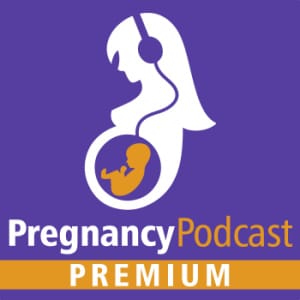Overview
Your immune system keeps you healthy and helps fight off infection. The classic perspective is that pregnancy suppresses your immune system. Advancements in our understanding of the immune system during pregnancy paint a more colorful picture. We now see the placenta as an immune regulatory organ. An intricate symphony is going on in your immune system to protect you and your baby during pregnancy. A more accurate way to describe it would be that pregnancy suppresses some aspects of your immune system and enhances others. Listen to this episode to learn how to support your immune system during pregnancy.

